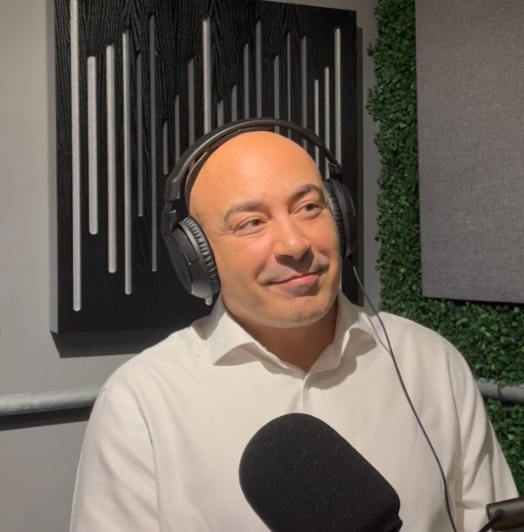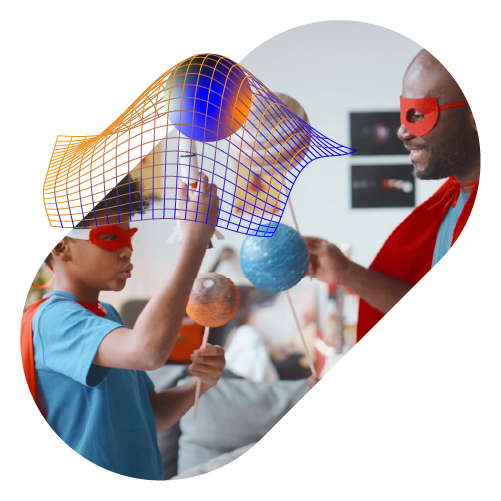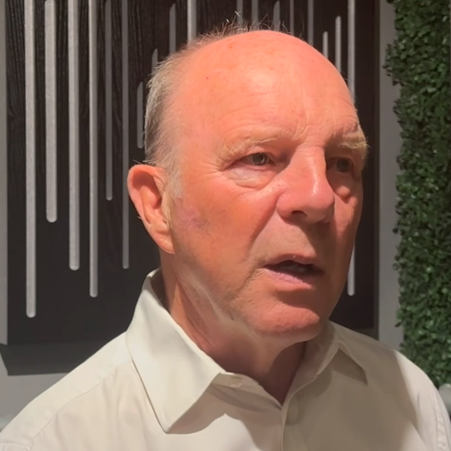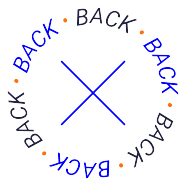INNOVATIVE PHARMA MARKETING STRATEGIES FOR 2025: HUMAN-CENTRIC APPROACHES IN A DIGITAL AGE
May 20, 2025
In the latest episode of our podcast, Science Humanised, we delve into the world of self-care—a subject gaining serious momentum across UK healthcare and beyond. Our guest, Dr Austen El-Osta, Director of the Self-Care Academic Research Unit (SCARU) at Imperial College London, joins our MD Dom to discuss why self-care matters now more than ever, and what the future holds.
SCIENCE HUMANISED: A CONVERSATION WITH DAVID MITCHELL
May 15, 2025
In the latest episode of our podcast, Science Humanised, we delve into the world of self-care—a subject gaining serious momentum across UK healthcare and beyond. Our guest, Dr Austen El-Osta, Director of the Self-Care Academic Research Unit (SCARU) at Imperial College London, joins our MD Dom to discuss why self-care matters now more than ever, and what the future holds.





